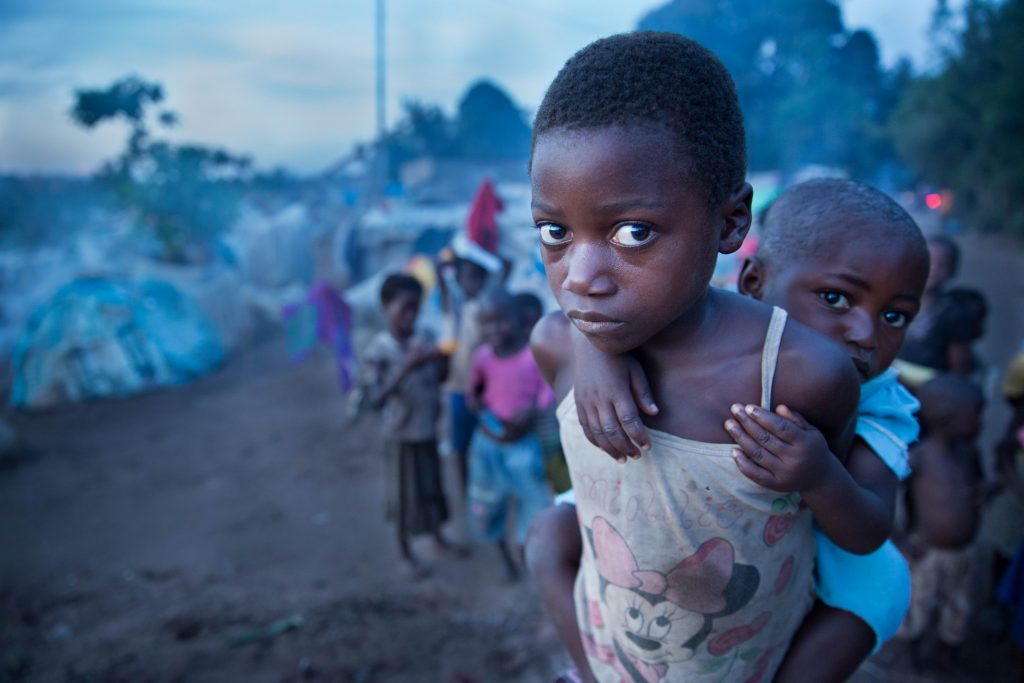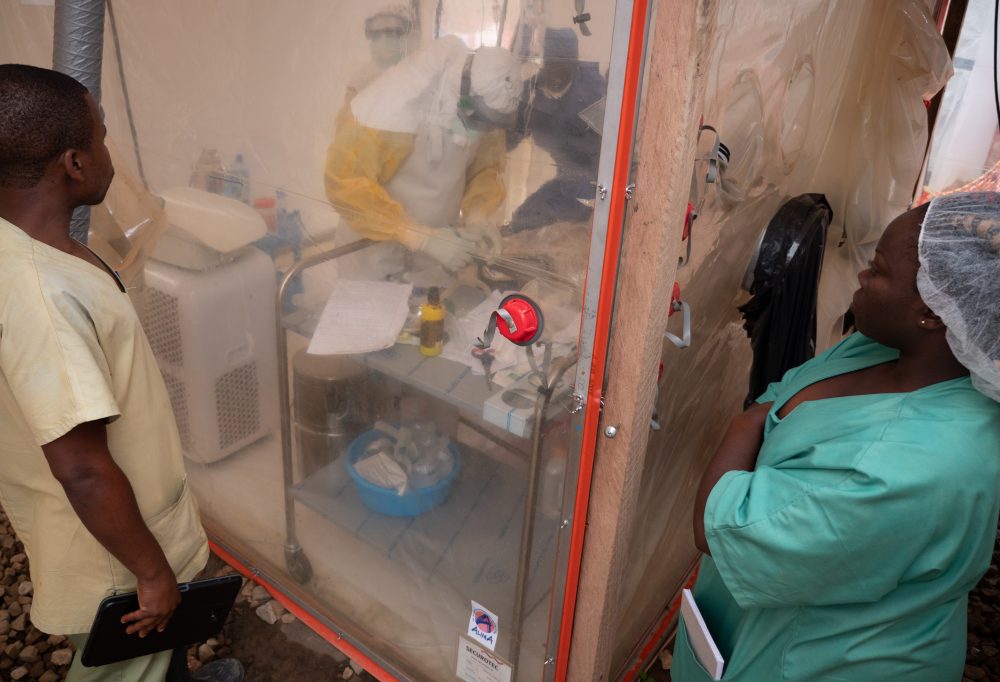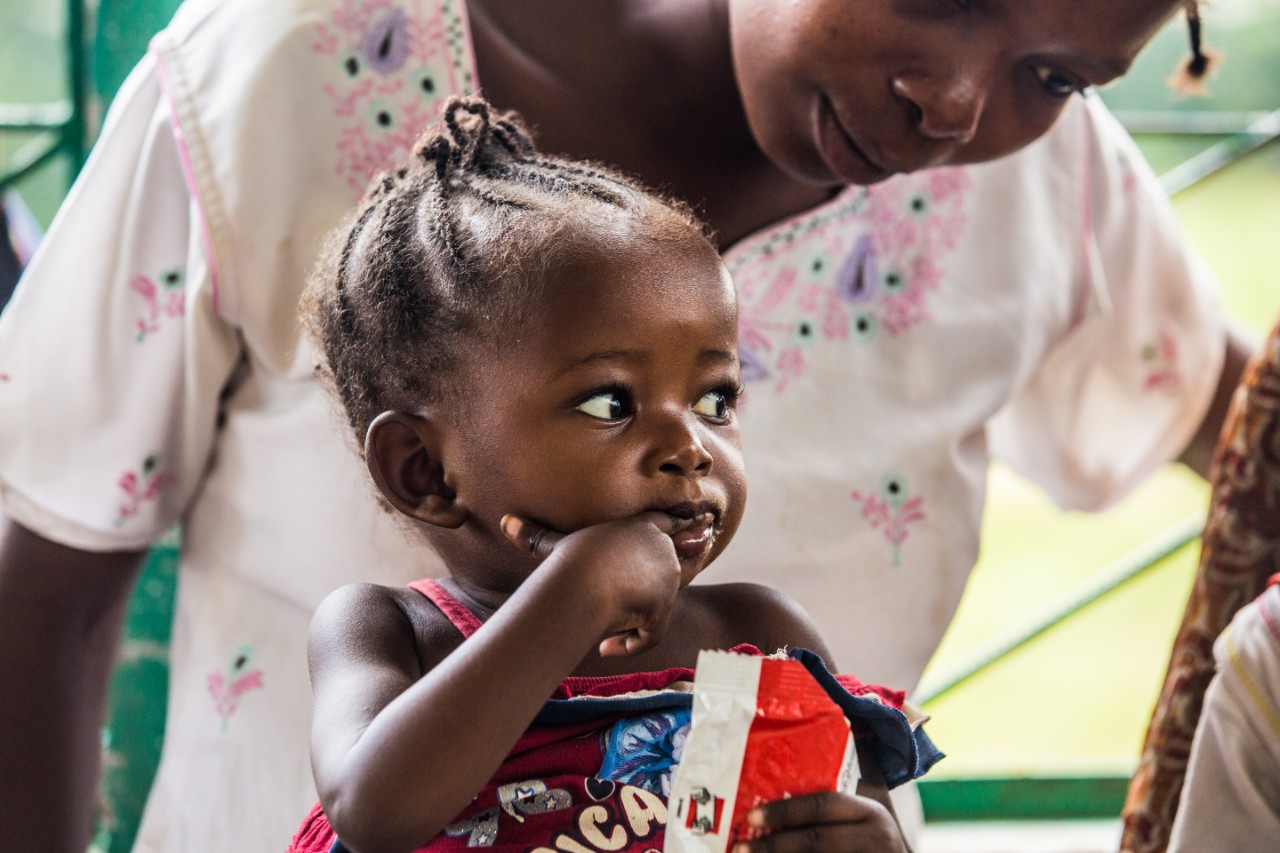Ebola Appeal
Help Fight Ebola
The Democratic Republic of Congo is facing the world’s second deadliest Ebola outbreak. Ebola is a highly infectious and deadly disease and it is spreading rapidly. There is no proven cure and even with treatment, the fatality rate is close to 70%.
Children now account for more than one third of the Ebola cases in affected regions of the DRC but the impact of the disease on children goes beyond those who have been infected. When parents or caregivers with the disease are taken to treatment centres or pass away, some children are left on their own.
UNICEF is working to protect and support all children affected by the Ebola virus. As the outbreak continues, we will continue to ensure their physical, emotional and psychological wellbeing.



